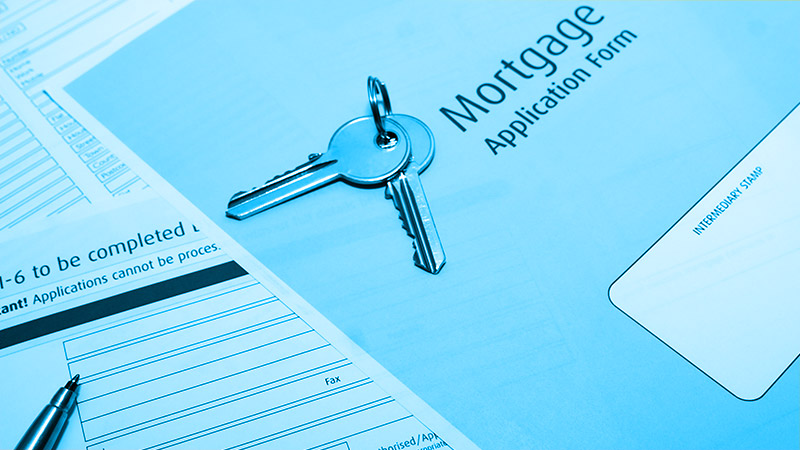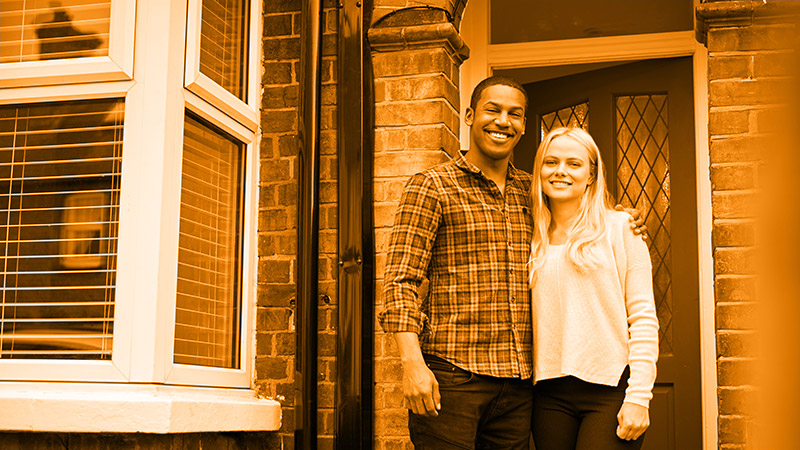As you look to take out a mortgage, you’ll find lenders or brokers referring to a loan to value (LTV) ratio.
The LTV is among the most critical factors in the mortgage process, and it can have a massive impact on your borrowing power and the overall cost of the loan.
Therefore, it’s wise to use an LTV calculator to determine the LTV ratio, how much you can borrow, and what it will cost you.
Here’s a guide on what the LTV ratio means and how it affects your mortgage search, how to use an LTV calculator, how the ratio is worked out, and the benefits of using an LTV calculator.
What Is The Loan To Value Ratio?
The loan to value (LTV) ratio is the size of a mortgage the lender is prepared to offer you relative to the total value of the property you’re buying or remortgaging.
It’s expressed as a percentage figure reflecting the proportion of the mortgaged property and the amount that’s yours or equity.
For example, if you get a mortgage of £80,000 to buy a home worth £100,000, the loan to value ratio is 80%, and you only have equity of 20% because you got a loan for 80% of the home’s value.
The LTV ratio is crucial when buying or selling a property, remortgaging, or releasing equity.
Need more help? Check our quick help guides:
- Reasons why a mortgage could be declined on affordability.
- How reliable is a mortgage in principle?
- How do joint mortgages work?
- Can you get a mortgage on a fixed-term contract?
What Does The LTV Mean For Your Mortgage?
Generally, a low loan to value (LTV) ratio is good, while a high LTV ratio is less desirable. The LTV will affect the amount you can borrow and the rate you can borrow at because a mortgage with a high LTV is riskier from the lender’s standpoint.
Lenders need assurance that they’ll not lose money by lending to you even if you can’t keep up with repayments. When you can’t repay the mortgage, the lender can repossess it and sell it to recover the loan value. However, if house prices fall, there is a risk that the sale of the house won’t cover the outstanding balance.
A lower LTV means there is more equity in the property, and if house prices fall, there is less risk that the property’s value will be less than the mortgage amount.
For example, with a 60% LTV, house prices have to drop by 40% before the lender loses money compared to a 90% LTV where an 11% drop in house value results in negative equity and the sales price can’t cover the balance on the mortgage.
As a result, lenders will insist on stricter terms if you have a high LTV ratio, which translates to higher interest rates or fees. The best mortgage deals are offered to low LTV customers, and with low LTV, you’ll have lower interest payments and end up paying less for your property overall.
Related guides:
- Mortgage 5 times salary.
- Can you get a mortgage on land?
- Refurbishment mortgages.
- Part and part mortgages.
- HMO mortgages.
How To Use An LTV Calculator
To use an LTV calculator, you simply need to fill in the value of the property you want to buy and the amount of deposit you have to work out your loan to value ratio.
A key element as you prepare to buy your first home is the size of your deposit. This is the cash lump sum you’ve saved up to use alongside the mortgage. Once you’ve determined the deposit you have, start by subtracting it from the total value of the property to get the size of the mortgage loan you’ll need.
You’ll then divide the mortgage amount by the property’s value and multiply the result by 100 to get your LTV ratio. For example, if you want to buy a property worth £250,000 and have a £50,000 deposit, you’ll need to borrow £200,000. The LTV calculation is as follows:
£200,000/£250,000 = 0.8
0.8 x 100 = 80%
This means your LTV will be 80%, and your deposit is 20%, so you should seek mortgage deals with an 80% LTV.
What Is The Maximum LTV A Lender Can Allow?
This depends on the lenders criteria and sometimes the property type, credit score.
Some lenders can offer a higher LTV with certain conditions you have to meet i.e. like parents who can take responsibility for the loan if you can’t keep up repayments.
Related guides:
- When was my house built?
- Buying out a sibling from an inherited house
- How long does it take to release mortgage funds?
- Does a valuation mean that a mortgage is approved?
- Mortgage lenders that accept benefits
- Can I extend my interest-only mortgage term?
How A Drop In House Value Affects The LTV
As the economy changes over time, the value of your property is likely to change. If the value drops sharply, your LTV will likely increase, and you could end up in negative equity, meaning you owe the lender more than the current property value.
A drop in value can create problems if you need to sell the property or remortgage. The LTV ratio will affect the quality and choice of remortgage deals you’re offered, and it tends to be easier on a rising rather than a falling property market.
Final Thoughts
An LTV calculator is a valuable tool to help you determine what you can borrow and afford and how much deposit you need to save.
The higher the deposit amount, the lower your LTV ratio and the better the mortgage deals you’ll be offered.
Call us today on 03330 90 60 30 or contact us. One of our advisors can talk through all of your options with you.
Further reading:
 03330906030
03330906030








